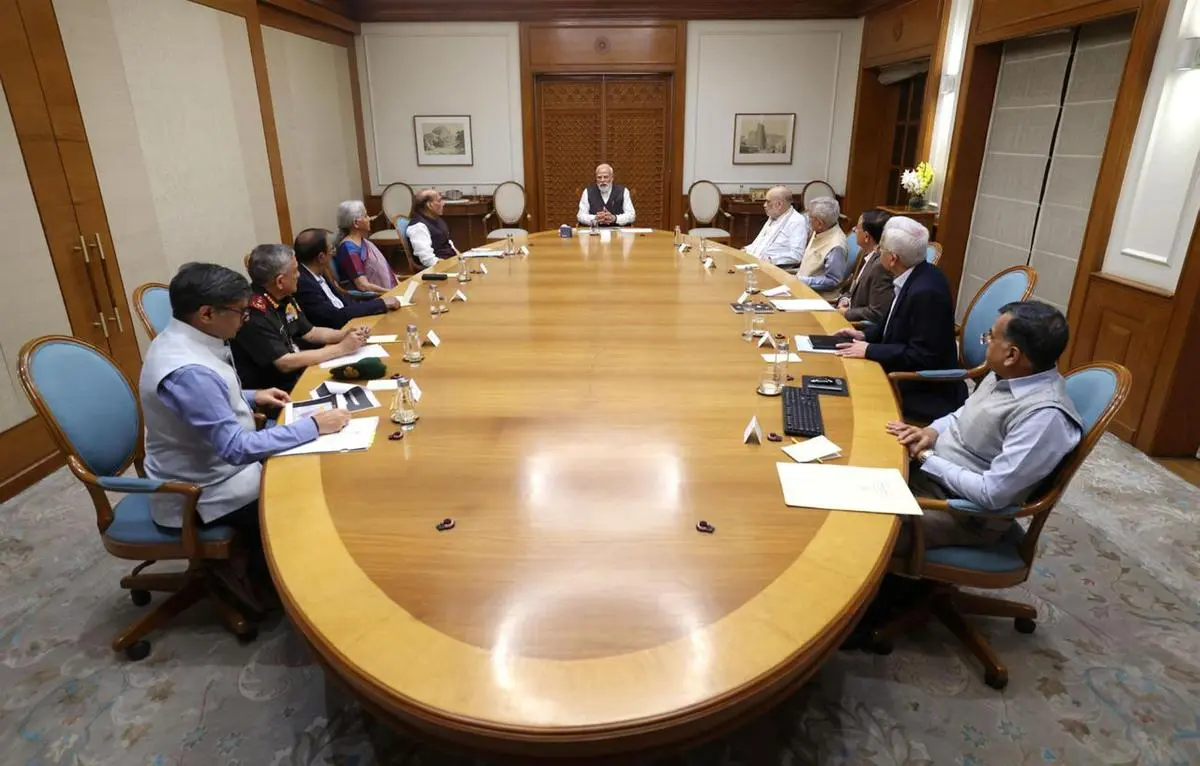New rules mandate minimum five-year stay, tighter integration requirements under Chancellor Friedrich Merz’s leadership
Germany has scrapped the accelerated naturalisation pathway that allowed certain migrants to become citizens after just three years of residence, as part of a broader tightening of immigration policy. The decision follows centre-right Chancellor Friedrich Merz’s appointment on May 6 and reflects his government’s emphasis on deeper integration and control over irregular migration, reported gujaratsamachar.com.
On May 28, the Federal Cabinet moved to amend the Citizenship Act, reversing a key component of the 2024 reforms that enabled fast-track citizenship for exceptionally integrated residents. A government press release stated, “Naturalisation should once again be clearly linked to sustainable integration.” This means the three-year naturalisation option—granted for those achieving ‘special integration milestones’—is now abolished.
Naturalisation will require proof of financial independence, German language proficiency, and alignment with core democratic values
Under the new rules, all applicants must now live in Germany for at least five years and meet stricter language and integration standards.
Applicants must now demonstrate B1-level German, financial self-sufficiency, and an understanding of German society and law. They must also uphold the democratic order, have a clean criminal record, and explicitly acknowledge Germany’s historical responsibility and commitment to protecting Jewish life.
Chancellor Merz stressed, “We will make integration possible, but also require it. Because even and especially where people live together in freedom, there needs to be a common horizon of values and a common language.”
Previously, the 2024 law had reduced the standard naturalisation period from eight years to five, and introduced the three-year fast-track as an incentive for migrants who integrated quickly. That pathway has now been shut, as Merz’s administration prioritises a uniform and values-driven integration policy.








